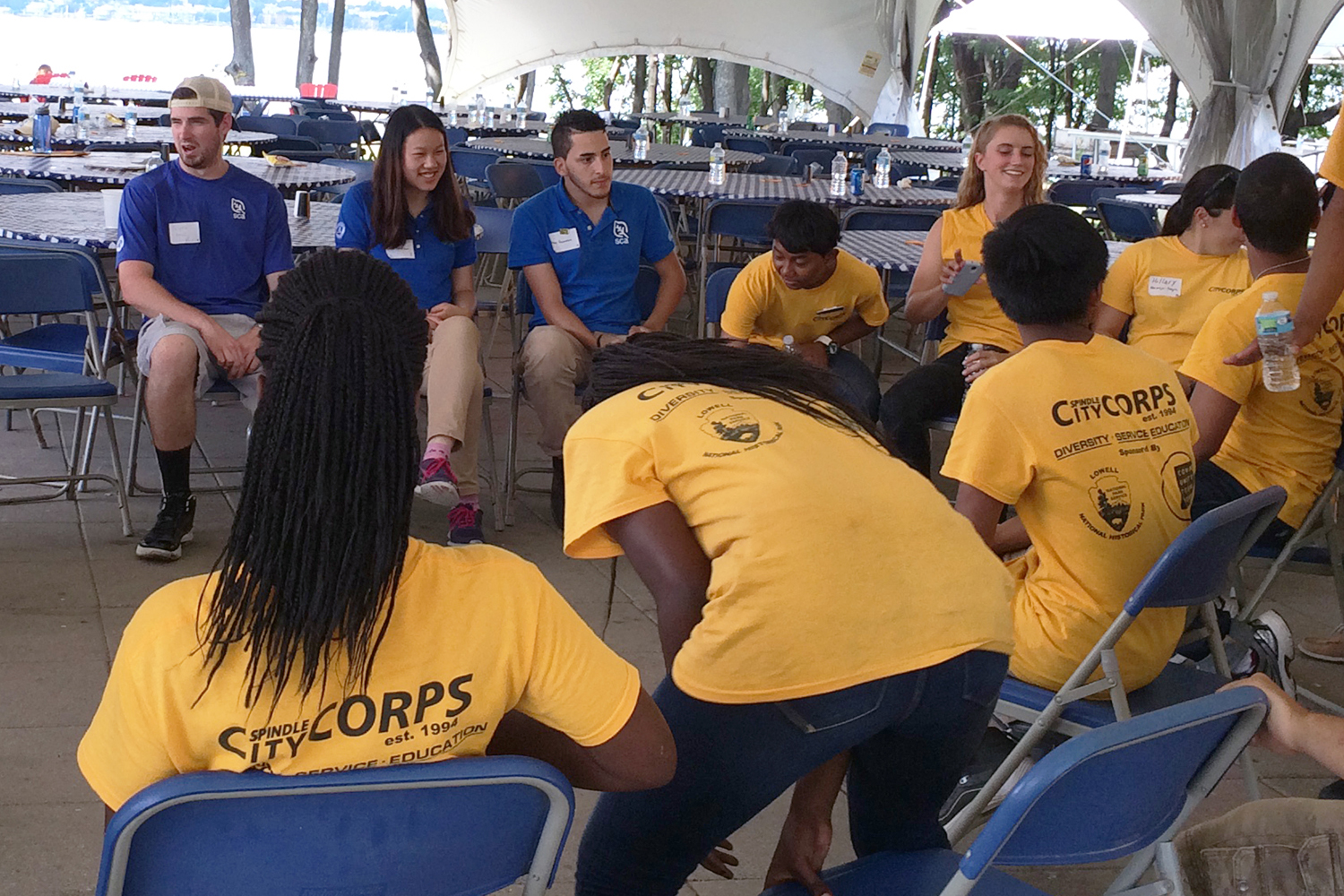Logistics must be well planned and confirmed. Logistics include lodging, meals, and transportation.
1. Lodging
Hotel or dorm lodging is preferable over camping. Advantages include security, management, and not discriminating against those who may not be able to afford suitable camping gear. Generally, students do fine housed two to four to a room with two double beds, separated by gender. When booking lodging, try to leverage room blocks for complimentary meeting space for evening work sessions, morning briefings, and registration. Lodging, like air travel, is more economical the further out it is reserved. Group lodging requires a contract, deposit and guaranty of number of rooms by an agreed upon date. Many places charge a penalty for cancellation or major change after a certain date. Lodging establishments generally require a rooming list with names in advance of check in.
2. Meals
Students eat a lot! Be sure to provide not only breakfast, lunch, and dinner, but also snacks twice a day. For budgeting, many hotels can include complimentary breakfast or offer it for less than $10 per person. Lunches can be simple buffets or sandwiches for under $15 and dinner often can be less than $22. Typically, meals for groups require advance deposit and confirmation 72 hours in advance. Check also on government per diems if using federal, state, or local funds. Include estimates for service and gratuity if appropriate. Where available, regional or culturally-affiliated food can become part of the cultural learning experience.
Increasingly, people of all ages have eating restrictions. Commitment forms should include a reference to dietary needs and restrictions. Critical to this is the recognition of gluten-free or nut allergies. It may be difficult to accommodate some of these restrictions in rural areas, but maintaining the health of participants is critical.
3. Transportation
Motor coaches or bus transportation is desirable for traveling to and from Summit locations. Further, motor coach companies offer insurance and coverage for passengers. In addition to providing transportation during the Summit, you may decide to offer transportation for participants to get to remote Summits destinations from major metropolitan areas. For liability reasons, do not allow staff and volunteers to transport students in private vehicles. In booking motor coaches, consider the size and accessibility to reach sites selected for the program. Generally, motor coach companies require contracts to reserve buses and prepayment by check or credit card, and route confirmation and passenger counts well in advance.
Last updated: August 14, 2018

